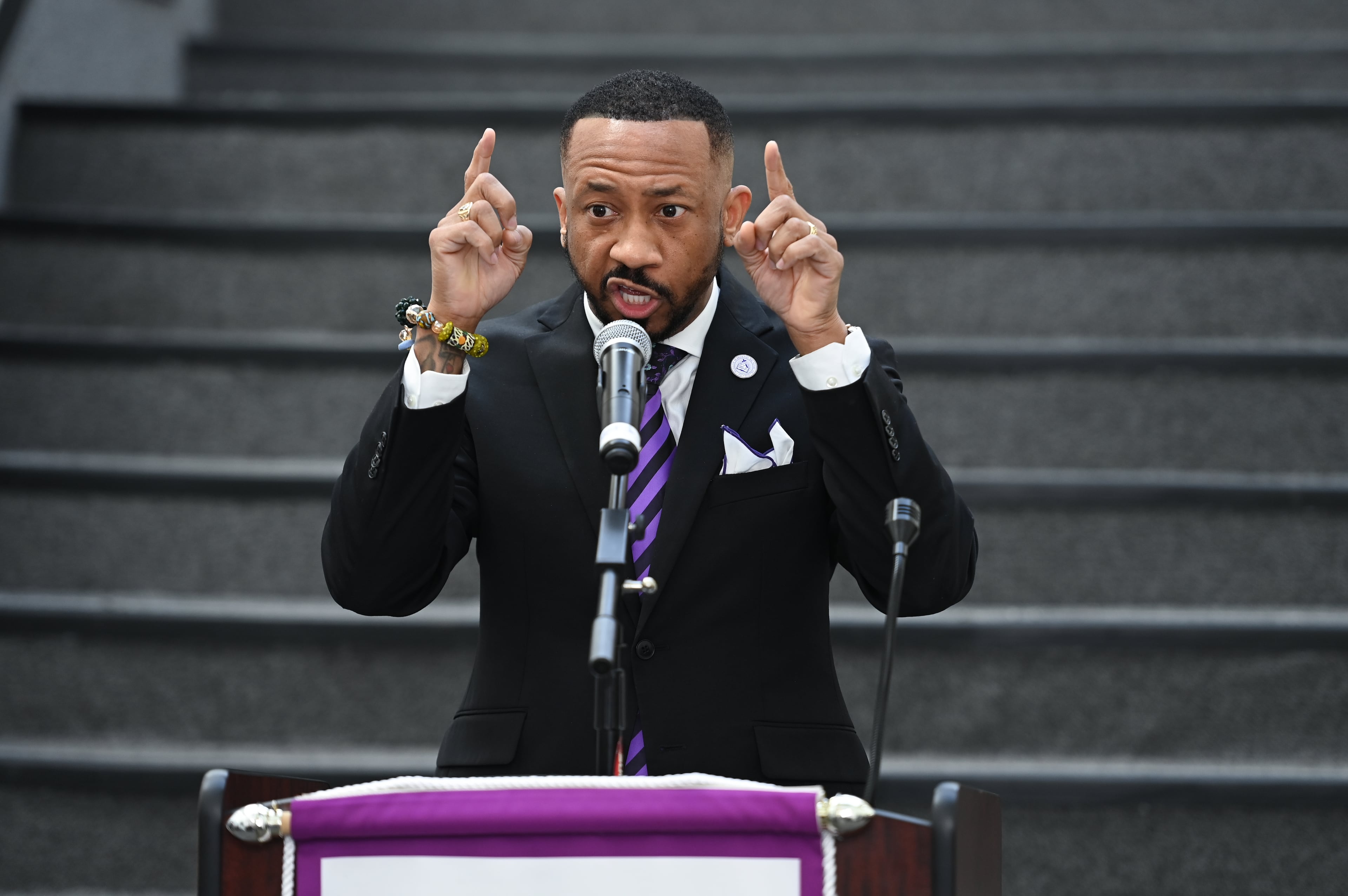Explaining America’s long history with campus protests
Exactly a century ago, in the spring of 1924, students at the historically Black Fisk University walked out.
Their president at the time, who was white, was trying to raise a million dollars by promising gilded philanthropists that the Nashville school would change its liberal arts curriculum to one more geared toward industrial education.
Scholar and social activist W.E.B. Du Bois, who graduated from Fisk in 1888 before moving to Atlanta to teach at Atlanta University, where he wrote the seminal “The Souls of Black Folks,” was outraged.
In a speech on the Fisk campus, he urged the students, many of whom fought in The Great War, to stand up and fight. They went on strike and half the students left.
In his 1975 book, “The New Negro on Campus: Black College Rebellions of the 1920s,” historian Raymond Wolters wrote that while the events of Fisk were not the first case of HBCU students protesting, it served as a crucial part of a broader movement that unfolded in the 1920s.
“These protests were a response to the entrenched, outdated notions of respectability politics prevalent within the Black college system,” said Joseph Jones, an associate professor of political science at what is now Clark Atlanta University. “Du Bois’s address at Fisk served as a potent catalyst, galvanizing much of the dissent during this epoch.”
That president resigned and Fisk continued to be the elite HBCU it is today.



